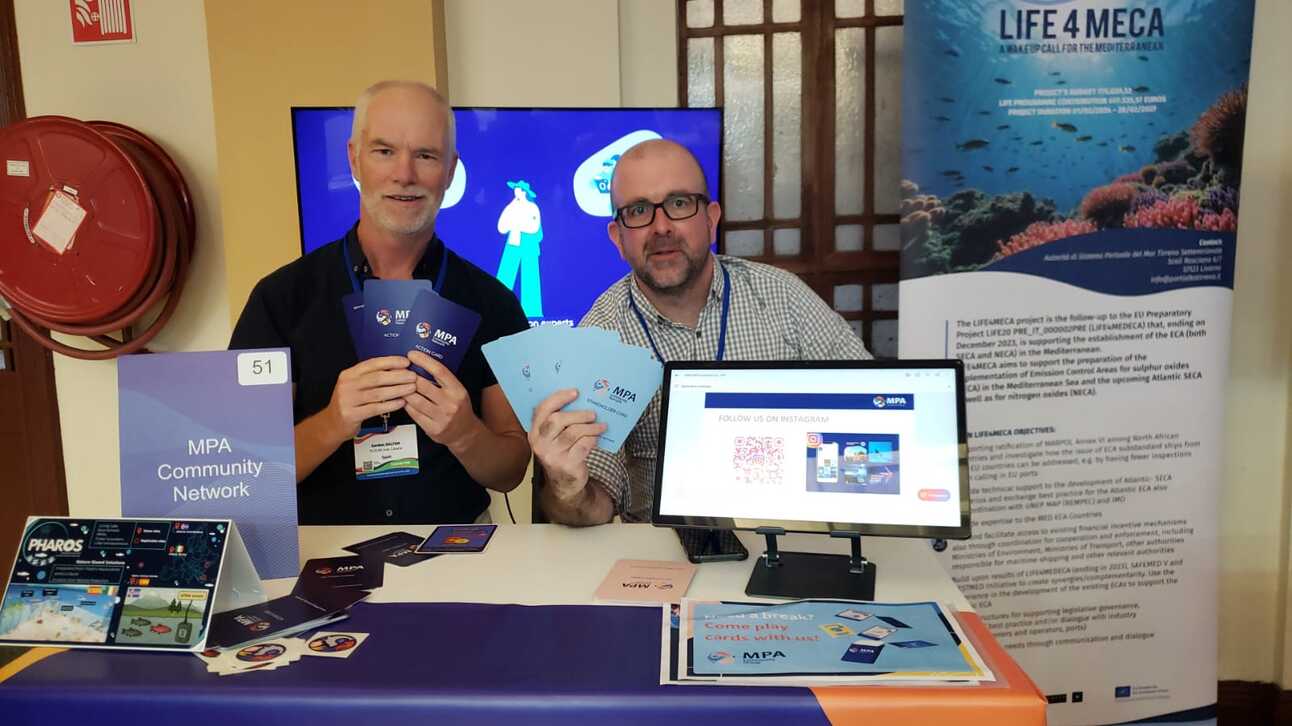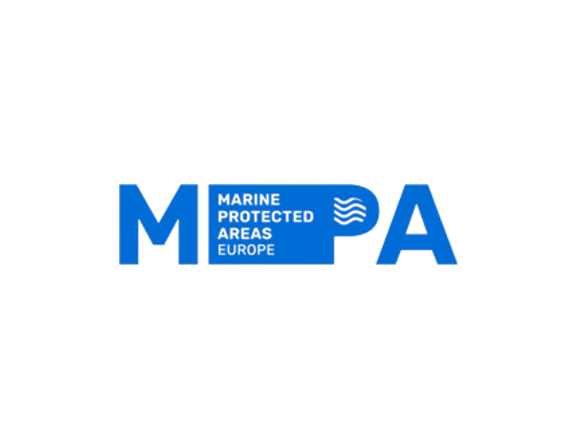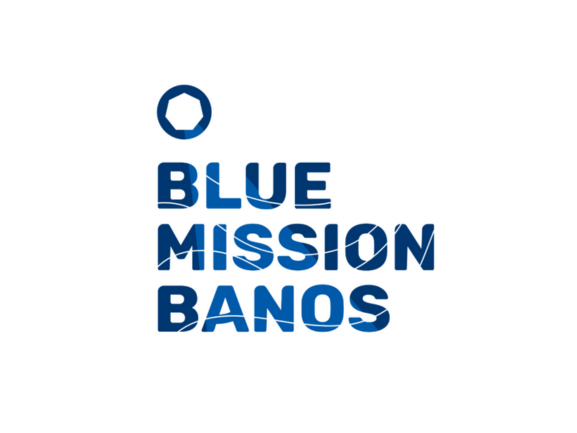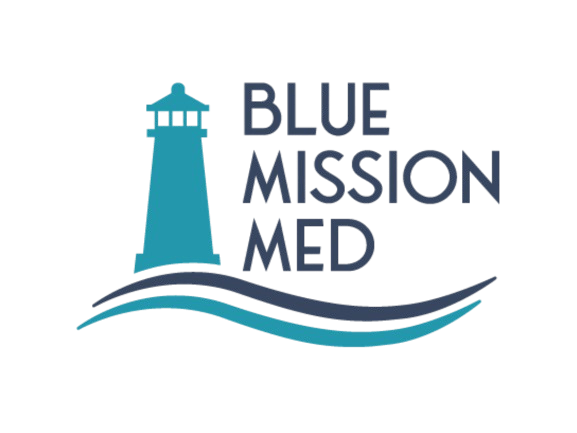- PHAROS Project
- Posts
- PHAROS Newsletter - June 2025 Edition
PHAROS Newsletter - June 2025 Edition
Welcome to the PHAROS newsletter!
Hello! In this edition of the PHAROS newsletter, we spotlight major international events shaping the future of ocean sustainability, including our presence at European Maritime Day and the UN Ocean Conference. We share exciting updates from project partners working across marine restoration, aquaculture, digital innovation, and community-led action. From oceanographic data to citizen-driven entrepreneurship, PHAROS is driving progress on multiple fronts. “Dive in” to explore how our Living Labs and collaborative efforts are accelerating impact across Europe’s seas and coasts. :)
LIVING LABS REGISTRATION
If you are interested in being invited to PHAROS events and be part of our network,
Please register here: https://ec.europa.eu/eusurvey/runner/PHAROSallMembers
If you are based in Ireland and would like to be a member of the Irish Living Lab of PHAROS (open to organisations and individuals) please register here: https://ec.europa.eu/eusurvey/runner/be3c43e6-b67f-6813-7309-357560196305
If you are based in Danube Delta and are interested to join our Danube Living Lab, please register here: https://ec.europa.eu/eusurvey/runner/PHAROSDanube
If you are based in the Canary Islands and would like to join our Gran Canaria or Lanzarote Living Labs, please register here: https://ec.europa.eu/eusurvey/runner/PharosStakeholderList_ES
EVENTS
European Maritime Day 2025
PHAROS project representatives Pablo Reche García and Gordon Dalton from PLOCAN attended the European Maritime Day (EMD) 2025, held in Cork, Ireland, an important event that gathered leaders, innovators, and policymakers from across Europe’s marine and maritime sectors. This year’s event came at a particularly significant moment for the future of European marine governance, with many discussions centered on the development of the forthcoming European Ocean Pact.
The Ocean Pact was described as a strategic tool to unify fragmented policies, align national efforts, and drive both environmental and economic priorities. A key message that resonated through many panels and workshops was that the ocean is central to our planet’s health and economic resilience, and the blue economy is one of the most promising pathways to achieving both.
A notable highlight was the interactive MPA Card Game hosted at the Submariner booth, where Gordon and Pablo joined other stakeholders in a hands-on discussion about MPA planning and governance.
United Nations Ocean Conference 2025
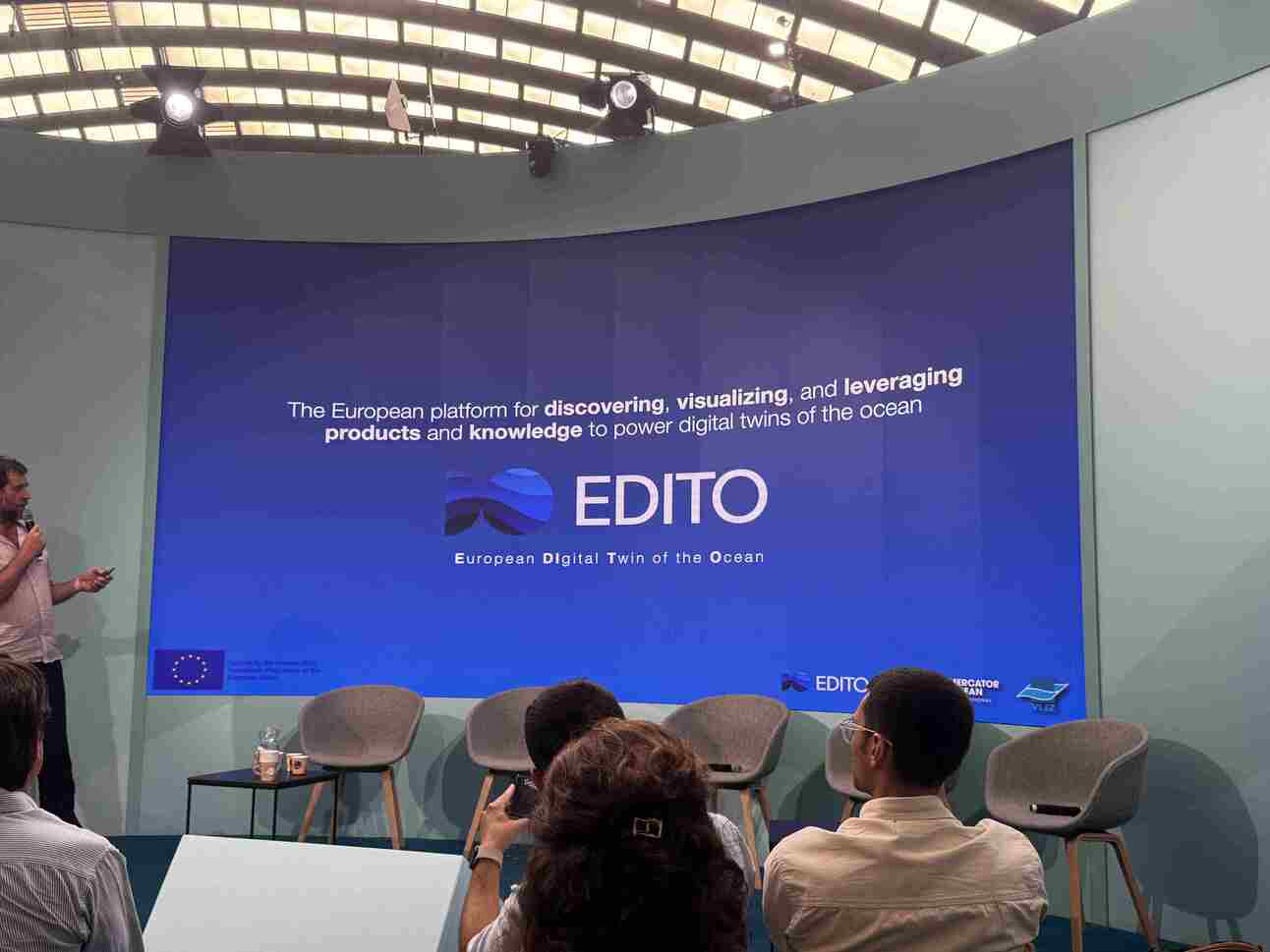
The 2025 United Nations Ocean Conference (UNOC3) took place from 9 to 13 June in Nice, co-hosted by France and Costa Rica, and brought together governments, UN agencies, NGOs, the private sector, scientific bodies, Indigenous Peoples, and civil society.
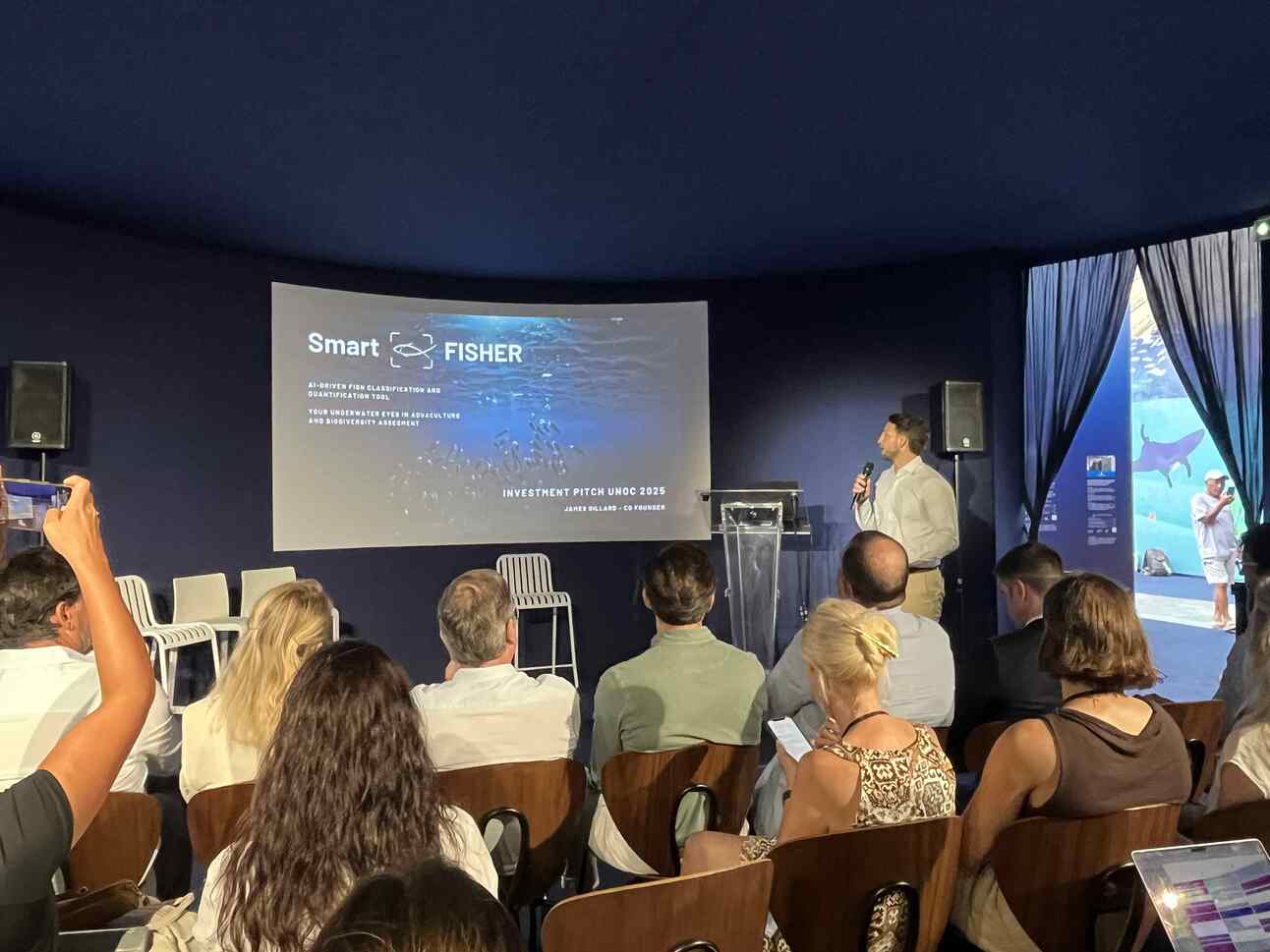
PHAROS project partner, James Gillard pitching SmartFISHER, an AI driven fish classification and quantification tool.
Under the theme “Accelerating action and mobilizing all actors to conserve and sustainably use the ocean”, delegates engaged across ten plenary sessions and ten Ocean Action Panels. Discussions focused on urgent ocean conservation, climate resilience, sustainable oceans economy, marine biodiversity, and scaled-up finance for SDG 14.
Despite notable announcements, such as new MPAs, blue bonds, and a coral reef finance commitment, the conference highlighted ongoing challenges in enforcement, deep‑sea mining, and marine plastic pollution.
FEATURED PHAROS SISTER PROJECTS
MPA Europe will map the optimal locations for Marine Protected Areas (MPA) in European seas. Using a holistic range of measures that include the range of biodiversity from species to ecosystems, including habitats, areas will be prioritised using systematic conservation planning software. This enables alternative weighting of variables and multiple scenarios and thus support wider marine spatial planning.
BlueMissionBANOS inspires, engages and supports stakeholders across the Baltic and North Sea to reach a carbon-neutral & circular blue economy.
The BlueMissionMed Coordination and Support Action (CSA) will design, structure and support a well-functioning basin scale innovation ecosystem, ensuring fast progress towards the achievement of Mission “Restore Our Oceans and Waters by 2030” objectives and important impact on the society.
PHAROS NEWS
BlueOASIS Elevating PHAROS into the Digital Ocean Era
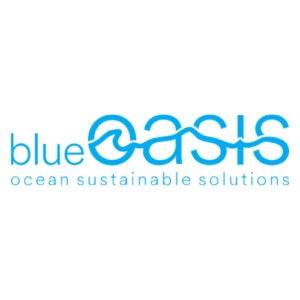
BlueOASIS is introducing its SmartFISHER technology, the first glimpse of real-time AI-powered underwater video analytics for biodiversity and biomass monitoring. This innovative tool will soon be deployed within PHAROS, offering automated fish detection, species identification, size measurements, and behaviour tracking. In parallel, BlueOASIS is engaging with the European Digital Twin Ocean (EDITO) community. By integrating PHAROS’s Digital Twin Ocean (DTO) data into EDITO, BlueOASIS ensures PHAROS is an early adopter, enhancing visibility and fostering alignment with the EU’s cutting-edge digital ocean infrastructure.
Canary Islands Maritime Cluster, Living Labs in Action
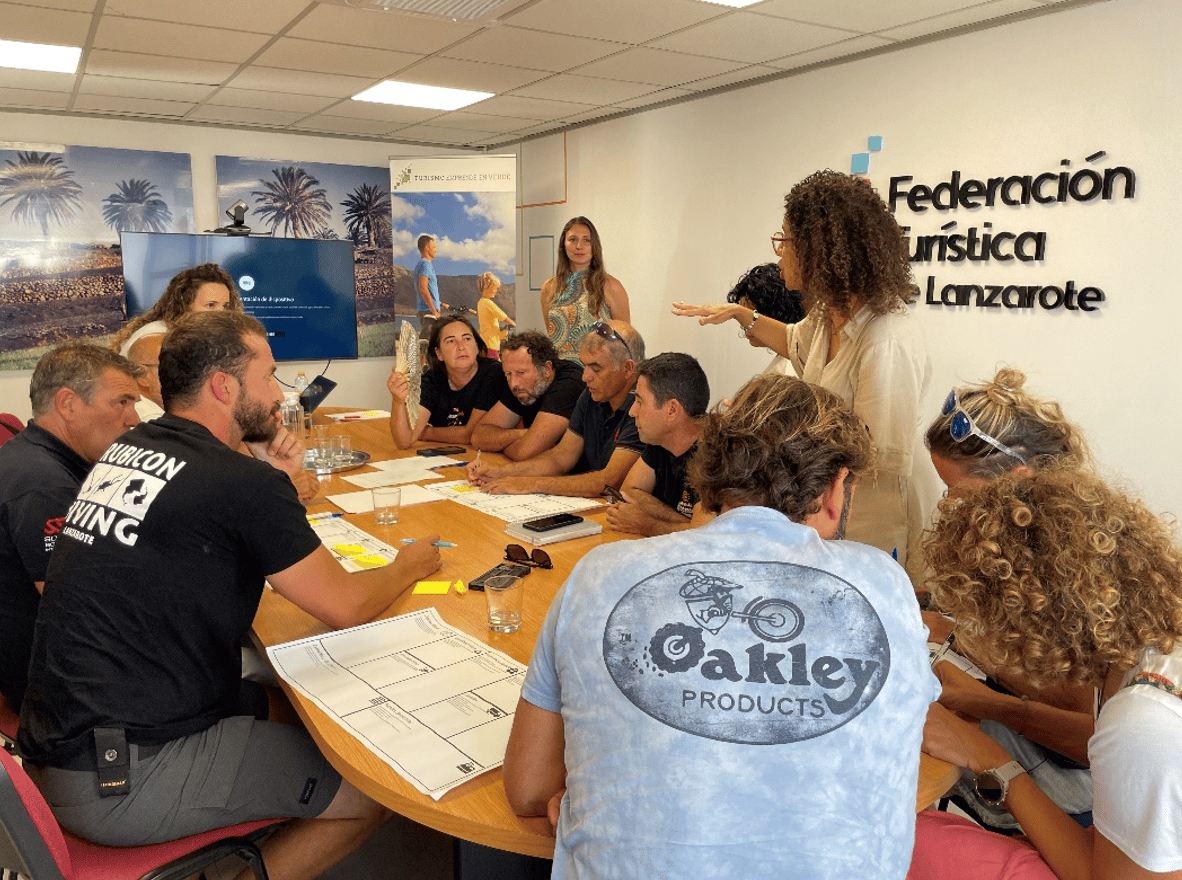
The Canary Islands Maritime Cluster (CMC) is bringing the quintuple-helix model to life through coordinated Living Labs in Gran Canaria (demo) and Lanzarote (replication). These hubs unite industry, academia, government, NGOs, media, and civil society to co-design nature-based solutions for marine conservation. Their strategy includes stakeholder-led ecosystem restoration, knowledge transfer via the MINKA citizen science platform, and promotion of sustainable blue economy practices. CMC’s multi-stakeholder approach ensures PHAROS initiatives are community-rooted, regionally relevant, and socially inclusive.
ULPGC, FPCT, BEA & ECOAQUA Engineering PHAROS Demonstration Sites
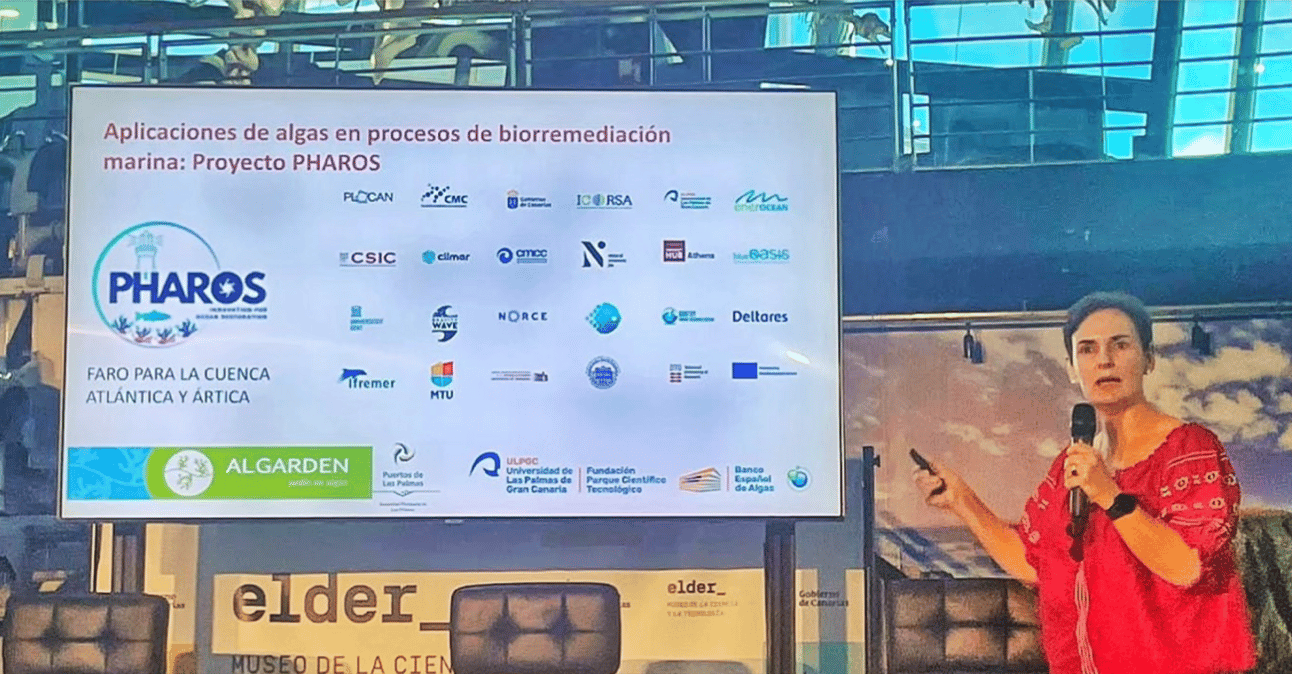
The University of Las Palmas de Gran Canaria (ULPGC), in collaboration with FPCT, BEA, and the ECOAQUA research group, has played a strategic role in planning PHAROS’s Gran Canaria demonstration sites. They designed an Integrated Multi-Trophic Aquaculture (IMTA) layout tailored to local conditions, bringing together fish (gilthead seabream), invertebrates (abalone, sea cucumber), and macroalgae (Ulva, Gracilaria). Building on multi-year data from PLOCAN’s environmental sensors, they finalised site selection and licensing with ELIMAT. Their efforts also include boosting operational capacity and advancing macroalgae and detritivore production. ULPGC’s outreach has extended to public engagement through MacaroNight, media features, and visits by students to the BEA nursery, embedding educational and visibility components within PHAROS.
PLOCAN presented oceanographic data at Seagriculture Conference
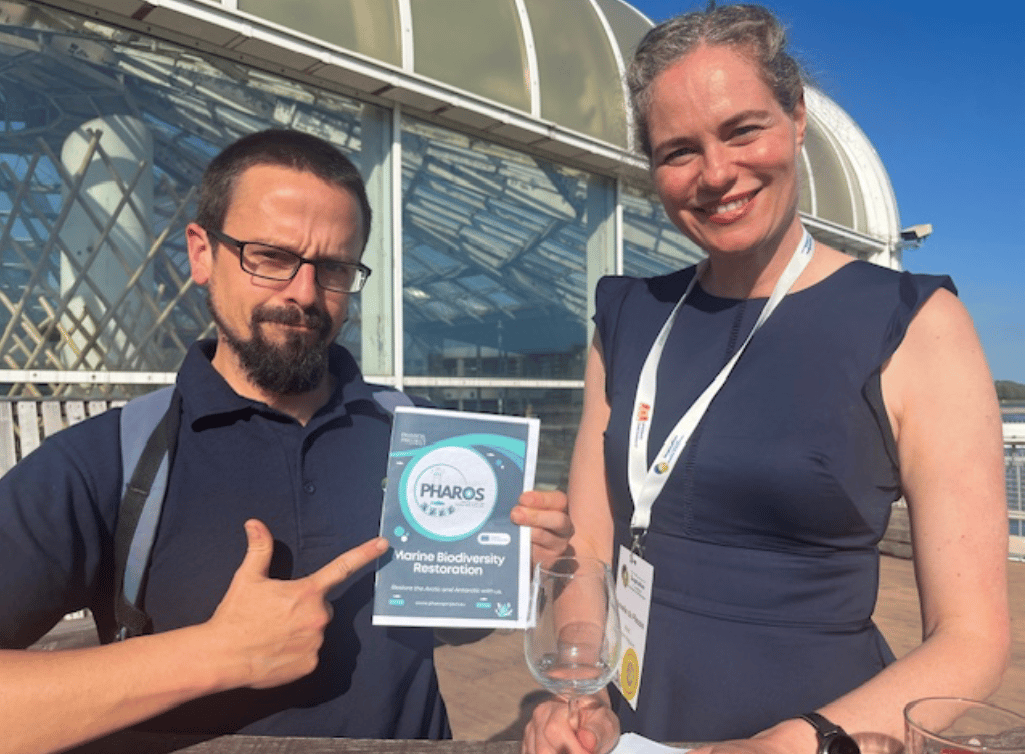
PLOCAN presented oceanographic data at Seagriculture Conference where temperature, salinity, nutrients, chlorophyll‑a, currents, represent all essential baseline inputs. These observations guide both Deltares and PHAROS in refining macroalgae farm design and seeding strategies. Plataforma Oceánica de Canarias (PLOCAN)’s test site spans 23 km² of open ocean with state‑of‑the‑art observation systems. Long‑term monitoring there reinforces PLOCAN’s reputation as a reference platform for marine innovation. At PHAROS, we are proud to leverage this data, advancing scalable offshore macroalgae solutions that support ecosystem restoration and sustainable aquaculture.
CMCC – Euro‑Mediterranean Centre on Climate Change
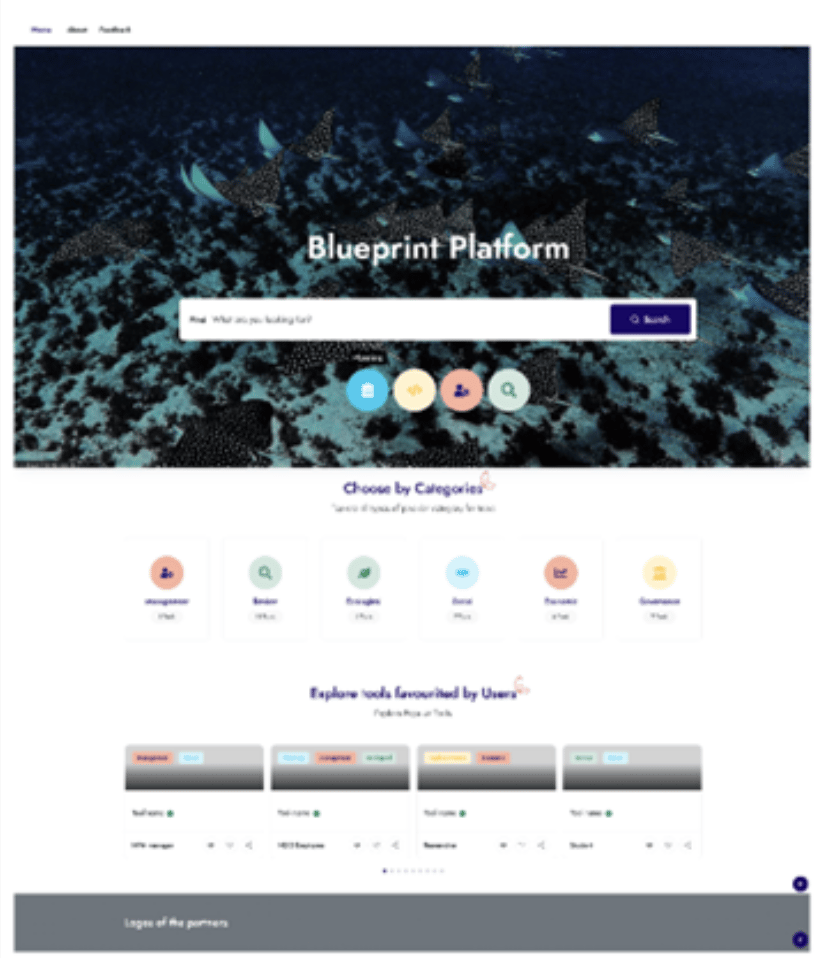
Expanding the Blueprint Platform for Marine Protected Area governance
CMCC is taking the lead in enhancing the Blueprint Platform, developed under Blue4All, as a digital decision‑support tool for MPA managers across Europe. Drawing on the expertise of previous projects like MYSEA and OPERANDUM, CMCC is adding major innovations to this platform under PHAROS. These include a module for identifying ecological corridors to support habitat connectivity, integration of Digital Twin Ocean (DTO) functionalities for real‑time ecosystem simulation, and extending the reach of the platform into Atlantic sites. With community‑building features and cross‑basin integration, the upgraded Blueprint Platform will offer knowledge exchange and evidence‑based governance tools. The first enhanced release of the platform is expected in January 2026, marking a significant milestone in PHAROS’s mission to enable climate‑resilient, participatory MPA management.
Impact Hub Athens
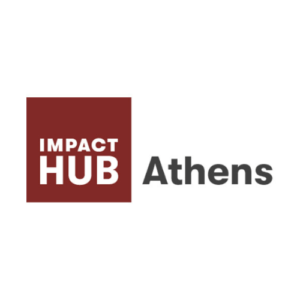
Citizen‑driven entrepreneurship tackling ocean litter
Impact Hub Athens is leading Task 2.5 of PHAROS: the Citizens Litter Entrepreneur programme, a community‑based initiative promoting plastic waste reduction through education, innovation, and enterprise. Drawing upon data from Demo Sites in Ireland, Iceland, and Gran Canaria, IHA crafted a regionalised approach to engaging participants through hackathons, webinars (e.g., “Meet the Oceanpreneur”), and accelerator programmes. Local surveys revealed key insights, such as low recycling rates and active NGO participation that will shape hackathon themes and entrepreneurial challenges. This tailored methodology helps cultivate sustainable solutions rooted in each region’s unique context. Through business‑focused citizen science, IHA empowers communities to transform litter into opportunity while reinforcing PHAROS’s objective of merging partnership and collaboration with circular‑economy innovation.
Institut de Ciències del Mar (ICM‑CSIC)
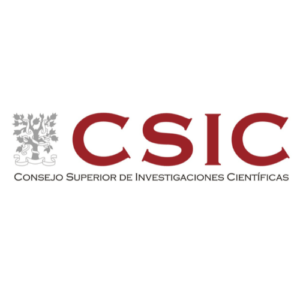
Scaling Local Innovation through Living Labs and MINKA
In 2024 and in continuation, CSIC has led the creation of PHAROS Living Labs, delivering tailored guidelines, engagement methods and operational frameworks at each demo and replication site. By deploying the MINKA citizen science platform, CSIC enables communities to record environmental data, deliberate collaboratively, and monitor restoration progress. Upcoming plans include finalising Living Lab rollouts, supporting facilitator onboarding, and launching impact monitoring. All activity and data will be shared openly to maintain the project’s participatory ethos.
